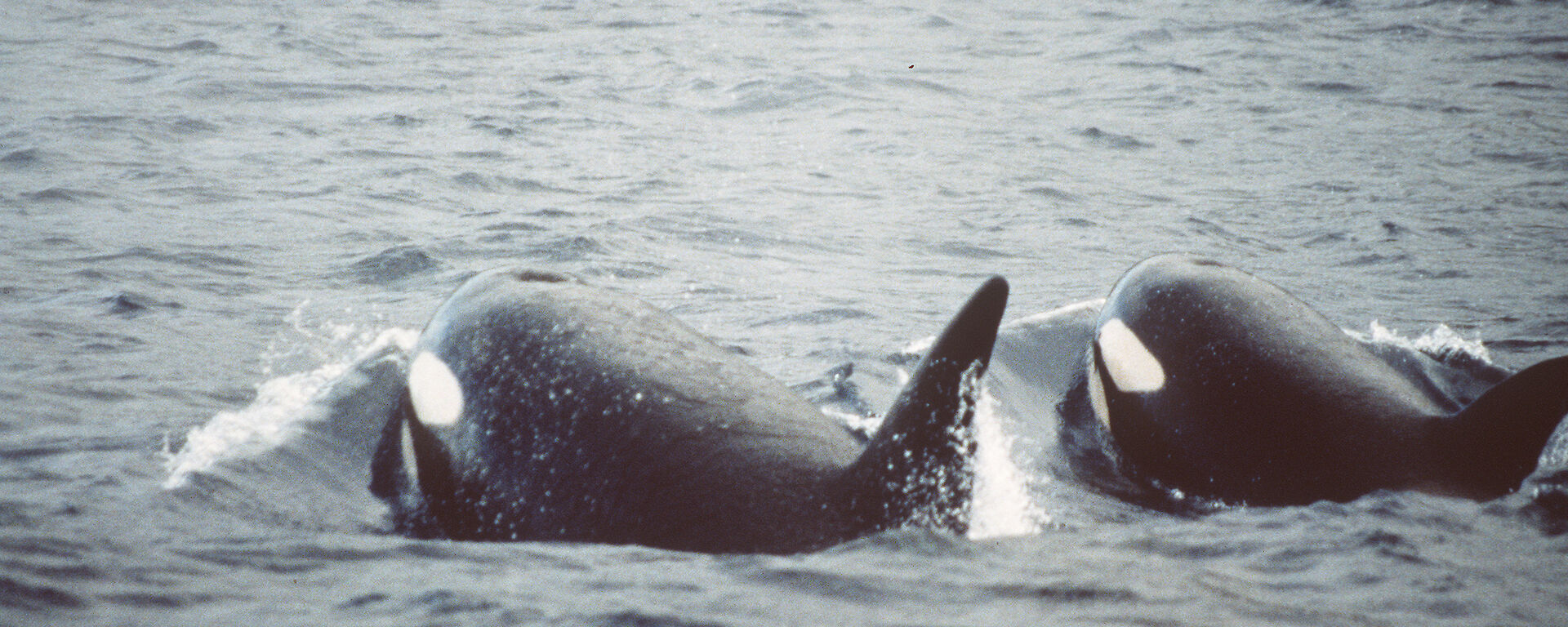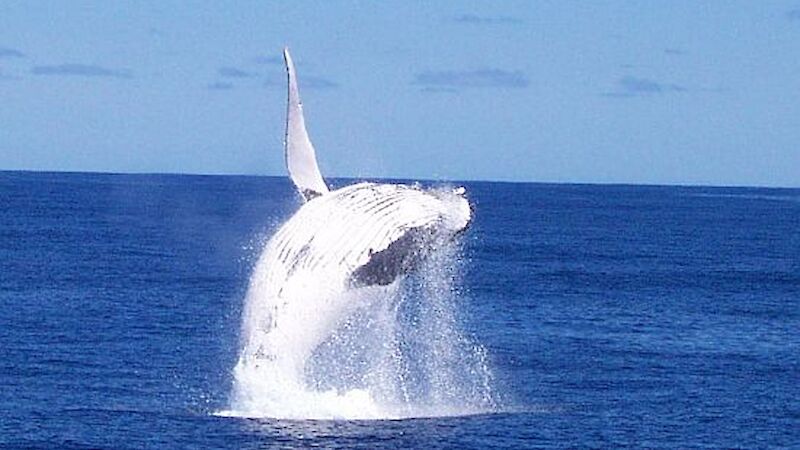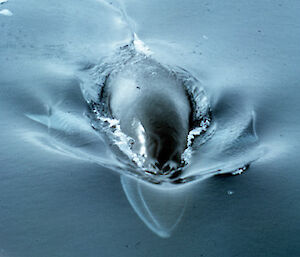Australia’s global leadership in whale conservation has been confirmed today with the announcement of an additional $26 million in measures over the next five years to create the largest international whale research program in the world, focused on answering the important science about southern ocean whales and utilising the most powerful non-lethal techniques.
Environment Minister Peter Garrett said the funding would ensure that the new Southern Ocean Research Partnership was properly resourced to continue to at least 2013–14, providing the opportunity for longer term, coordinated and comprehensive non-lethal whale and cetacean research with international partners.
“This financial commitment underpins the comprehensive reform agenda that Australia has taken to the International Whaling Commission (IWC) and sends a very clear message around the world about this Government’s determination to debunk once and for all the notion that we need to kill whales to understand them.
“Our reform package is the most significant ever taken to the IWC, charting a new era for whale conservation. After making good progress at the IWC meeting in Chile in June and subsequent meetings, we're hopeful of further progress at the upcoming reform working group meeting in Cambridge, United Kingdom, later this week.
“For over two decades, the debate over ‘scientific’ whaling has been gridlocked in claim and counter claim, and all the while, the number of whales targeted by Japan in the Southern Ocean has increased — in particular, doubling between 2004–05 and 2005–06.
"It is not enough to simply say that there are non-lethal alternatives; we need to demonstrate conclusively that there is no scientific merit in the Japanese whaling program and that it is not necessary to kill whales to understand them.
“This significant investment in world-leading science, much of it co-ordinated through the Australian Marine Mammal Centre in Hobart, will transform the whaling debate.
“It will create the largest international whale research program in the world, focused on answering the important science about southern ocean whales and utilising the most powerful non-lethal techniques.
“Research will also directly benefit whale conservation in Australian waters through additional support to the Australian science community for strategic conservation needs. Examples of this work include the centralising marine mammal stranding and sighting data from all jurisdictions in the Marine Mammal Centre, and a world-first project to assess rescue efforts for stranded whales.
Mr Garrett said the package had three main components:
- the Southern Ocean Research Partnership will receive $11 million for a series of innovative surveys in the Southern Ocean using aircraft, ships and yachts to deploy the latest non-lethal research techniques, as well as tracking of whales along the Australian coasts. Contributions are expected from other nations that supported this measure at the 2008 IWC meeting;
- the Australian Marine Mammal Centre, co-located at Hobart’s Australian Antarctic Division, will receive $14.5 million to conduct competitive grants for applied, strategic research; contestable post-doctoral research positions in marine mammal research; funding for eight marine mammal scientists; support for whale research and capacity building initiatives in Pacific Island countries and a series of specialist workshops to build technical capacity in non-lethal scientific techniques; and
- a further $0.5 million to provide policy support for Australia’s IWC objectives and reform agenda.
"In addition, Australia will provide a one-off voluntary contribution of $2 million to the IWC for the development of conservation management plans; collaborative regional non-lethal research; and other priority conservation initiatives.
“This investment has been carefully designed to complement Australia’s intensive diplomatic work through Australia’s Special Envoy for Whale Conservation, Mr Sandy Hollway, and the work of senior officials in the IWC reform working group,'' Mr Garrett said.
“This scientific research will underpin our argument against scientific whaling in the IWC and at the same time establish Australia as the Southern Hemisphere’s leader in marine mammal science, accelerating our development of non-lethal methods.”
Mr Garrett said the funds were in addition to the $6 million for the Southern Ocean Research Partnership for the current financial year announced last month.
“Australia remains absolutely committed to bringing about an end to commercial and so-called ‘scientific’ whaling and we will continue to take a comprehensive and strategic approach to this issue, including the consideration of international legal action.”




